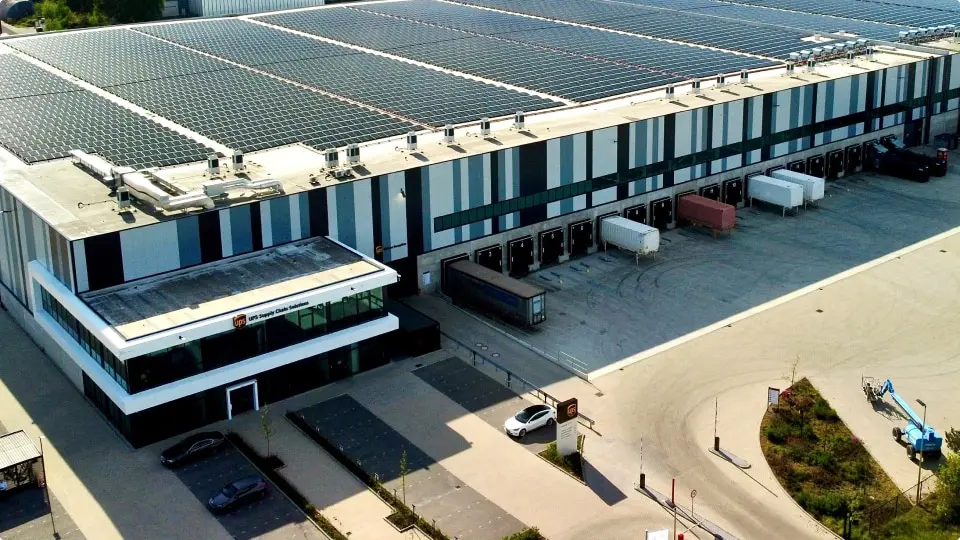Summary
The future of the logistics sector has never been more relevant. Supply chain sectors have faced significant challenges including workforce shortages, geopolitical uncertainty, escalating costs and the remaining impact of the Covid-19 pandemic. In addition, supply chain operations are being continuously re-shaped by the influence of technology, shifts in consumer behavior and the unstoppable drive towards sustainability.
As a result, the market demand for modernization and automation of logistics operations have become a strategic priority for many industry players. However, the implementation of new technologies come with its own risks and barriers, but also added value and benefits for companies, including greater operational visibility and increased productivity and efficiency.
UPS Supply Chain Solutions and Frasers Property have collaborated with a leading primary research and analysis company, Analytiqa, to conduct a study within the Benelux region with the aim of gaining insights into how current market dynamics are shaping future logistics development. Amongst other questions, companies answered what their current most substantial challenges are, what conditions and situations make the automation of logistics operations more attractive and which benefits resulted from investing in technology.
In This Paper, You Will:
- Gain valuable insights into industry leaders’ thoughts on the role of automation and its contribution to handling skill shortages and sustainability commitments
- Delve into the impact of automation on logistics operations and the changing staffing and space needs and what risks companies are considering prior to investing in it
- Learn about the automation solutions that will likely be the most ‘game-changing’ for companies in their logistics operations in the next three years and how outsourcing to a third-party logistics provider (3PL) would enable the deployment of these solutions within the shortest timeframe







